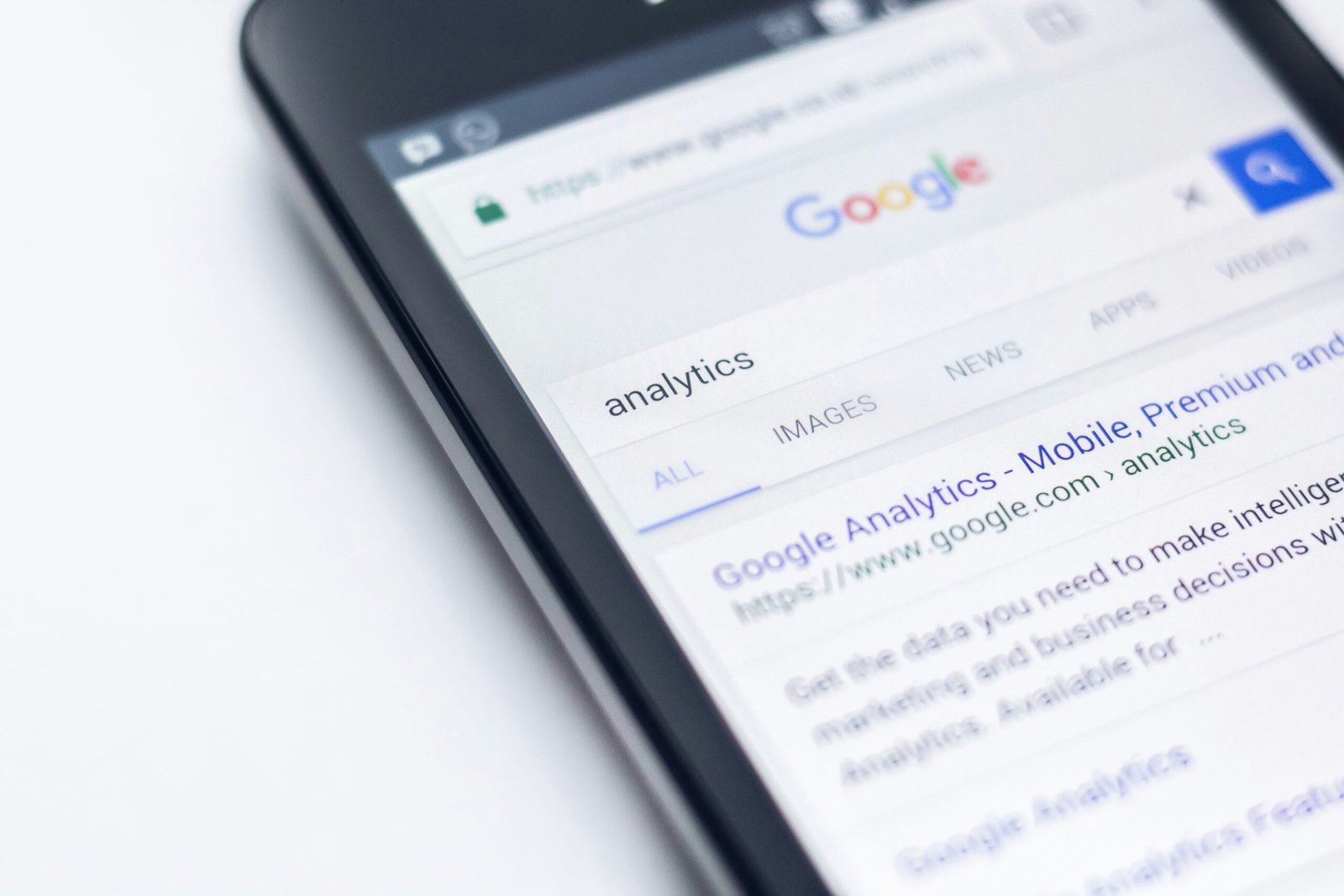
Paid search, also known as pay-per-click (PPC) advertising, is a digital marketing strategy where advertisers pay a fee each time their ad is clicked. This form of online advertising is commonly associated with search engines, where advertisers bid on keywords relevant to their business. When users search for those keywords, the ads appear at the top or bottom of the search engine results page (SERP).
Here are key elements and considerations related to paid search:
1. Keywords and Ad Auctions:
- Advertisers bid on specific keywords relevant to their products or services in an ad auction. The bid, along with other factors like ad relevance and quality score, determines the ad’s position on the SERP.
2. Ad Formats:
- Paid search ads typically come in various formats, including text ads, display ads, and product listing ads (PLAs). Text ads appear at the top of the search results, while display and PLAs may include images and additional details.
3. Ad Platforms:
- The most popular platform for paid search is Google Ads, but other search engines like Bing also offer similar advertising programs. Social media platforms, such as Facebook and LinkedIn, also have their own paid advertising options.
4. Budgeting and Bidding:
- Advertisers set a daily or monthly budget for their campaigns. Bidding strategies, such as manual bidding or automated bidding, determine how much the advertiser is willing to pay for a click.
5. Targeting and Segmentation:
- Advertisers can target specific demographics, locations, devices, and times of day to ensure their ads reach the most relevant audience.
6. Ad Copy and Creatives:
- Crafting compelling ad copy is crucial for attracting clicks. Advertisers need to create concise and persuasive messages that encourage users to click on their ads.
7. Landing Page Optimization:
- The effectiveness of a paid search campaign isn’t just about getting clicks. It’s also essential to have a well-designed and optimized landing page that aligns with the ad’s message and encourages users to take the desired action.
8. Conversion Tracking:
- Implementing conversion tracking helps advertisers measure the success of their campaigns by tracking specific actions, such as form submissions or purchases, that occur after a user clicks on an ad.
9. Analytics and Reporting:
- Regularly analyze the performance of paid search campaigns through analytics tools. Identify what’s working well and where improvements can be made.
When it comes to digital marketing strategies, paid search advertising is a powerful tool that can help businesses reach their target audience and drive valuable traffic to their websites. In this article, we will explore the benefits of paid search advertising and why it should be an integral part of your marketing strategy.
What is Paid Search Advertising?
Paid search advertising, also known as pay-per-click (PPC) advertising, is a form of online advertising where businesses bid on keywords to display their ads on search engine results pages (SERPs). These ads are typically displayed at the top or bottom of the page, above or below the organic search results.
Increased Visibility
One of the key benefits of paid search advertising is the increased visibility it provides for your business. By bidding on relevant keywords, your ads have the potential to appear at the top of the search results, making it more likely that users will click on your ad and visit your website. This increased visibility can help your business stand out from the competition and attract more potential customers.
Targeted Advertising
With paid search advertising, you have the ability to target specific keywords and demographics, allowing you to reach your ideal audience. This targeted approach ensures that your ads are shown to users who are actively searching for products or services related to your business. By reaching the right audience at the right time, you can increase the likelihood of conversions and maximize your return on investment (ROI).
Measurable Results
Unlike traditional forms of advertising, paid search advertising provides measurable results. With tools like Google Ads, you can track the performance of your ads, including the number of clicks, impressions, and conversions. This data allows you to make informed decisions about your advertising strategy and optimize your campaigns for better results. By analyzing the data, you can identify what is working and what needs improvement, ensuring that your advertising budget is being spent effectively.
Cost-effective Advertising
Paid search advertising is a cost-effective way to promote your business. Unlike traditional advertising methods, where you pay a fixed amount regardless of the results, with PPC advertising, you only pay when someone clicks on your ad. This means that you are only spending money on users who are interested in your products or services, making it a more efficient use of your advertising budget.
Quick Results
Another advantage of paid search advertising is the ability to see quick results. Unlike other marketing strategies that may take time to generate traffic and leads, PPC advertising can drive immediate traffic to your website. This is especially beneficial for businesses that are looking to increase their online visibility and generate leads in a short period of time.
Competitive Advantage
In today’s competitive digital landscape, it’s important for businesses to stay ahead of the competition. Paid search advertising can give you a competitive advantage by allowing you to target specific keywords and demographics that your competitors may not be targeting. By leveraging paid search advertising, you can position your business in front of potential customers and increase your market share.
Conclusion
Paid search advertising is a valuable tool that can help businesses increase their online visibility, reach their target audience, and drive valuable traffic to their websites. With its ability to provide measurable results, target specific keywords and demographics, and deliver quick results, paid search advertising should be an integral part of any digital marketing strategy. By leveraging the benefits of paid search advertising, businesses can gain a competitive edge and achieve their marketing goals.
